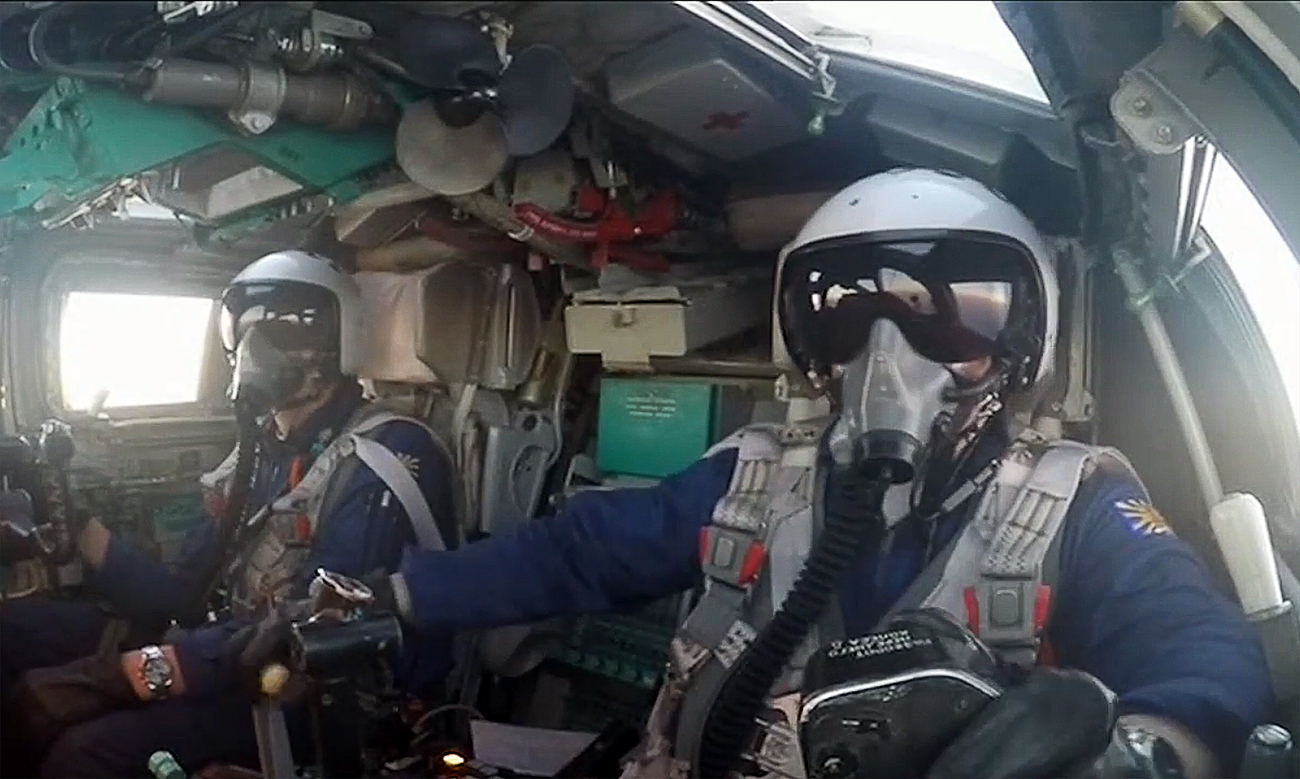
Saleh's statement coincided with the end of Russian sorties from Iran’s Hamadan air base.
TASSDespite media reports, Russia will not deploy its aircraft and equipment in Yemen, an anonymous source in the military-industrial complex has told RBTH.
"This is another civil war-torn country," the RBTH source said. "You'll need to transfer not only the aircraft to Yemen, but also a military contingent to protect our soldiers. Such a decision would be reckless and would lead to a variety of political and military problems."
Earlier, some media had reported that the former president of Yemen, Ali Abdullah Saleh, had invited Russia to use the country's military bases, airports and ports.
They referred to an interview that Saleh allegedly gave to the Russian TV channel Russia-24. However, there is no such interview on the TV channel's website. Saleh's statement coincided with the end of Russian sorties from Iran’s Hamadan air base, with Tehran declaring Moscow’s use of the base was over just days after Russia’s defense ministry announced on Aug. 17 that it would be flying missions to Syria from the airfield.
According to the RBTH source, the ousted president's words do not have legitimate force, while deploying troops in Yemen will also lead to a worsening of relations with Saudi Arabia and the United States.
"The man wants to return to power and is trying to use all the means for this. Russia will not meddle in the conflict in Yemen," the source said.
Former Yemeni president Saleh was overthrown during the Arab Spring in 2011, but the new government and its orientation toward Sunni Saudi Arabia and the United States led to another surge of discontent in society.
At the end of the 2014, a civil war broke out in the country. Early the following year, a Zaidi Shia group known as Ansar Allah seized the Yemeni capital of Sanaa and won over a significant part of the national army.
As a result, a revolutionary council was formed in the country, which was replaced on Aug. 14 by a new government, the Supreme Political Council.
The new revolutionary forces were supported by ousted president Saleh, who is hoping to regain power.
All rights reserved by Rossiyskaya Gazeta.
Subscribe
to our newsletter!
Get the week's best stories straight to your inbox